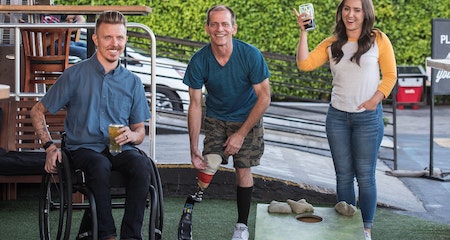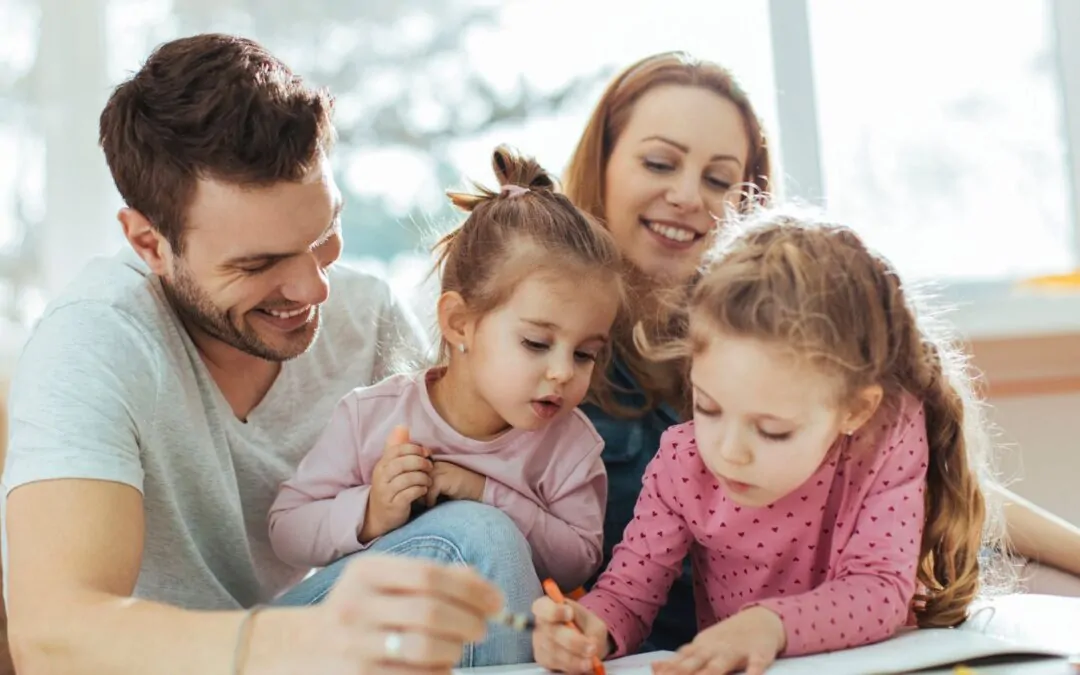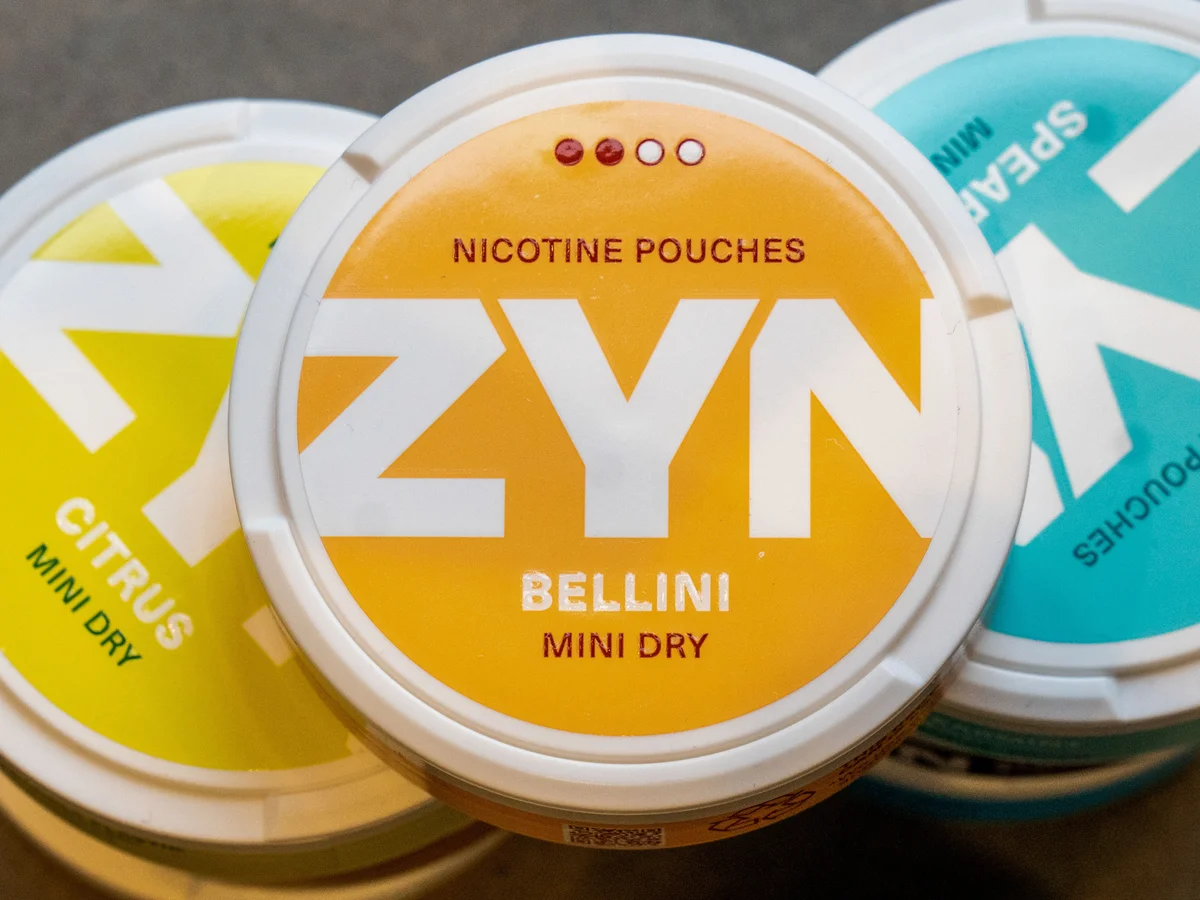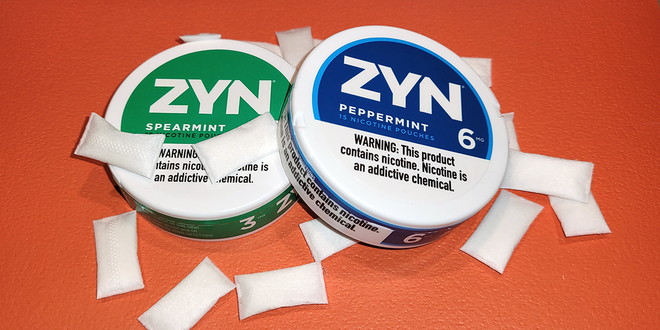There are many ways to get involved with the disability service brisbane community. You can volunteer, write articles, and participate in social media to raise awareness of the issues. Posting articles on social media can educate and empower readers about a variety of Disabled , and provide information on how you can help. You can also use social media to start petitions or gather signatures on petitions.
Be yourself
Disabled people need help from others. You can help by volunteering, learning how to use the computer, or even listening to them. You can also show your support by sending thank-you cards and compliments to those who have disabilities. These gestures are meaningful and can change their lives.
Be willing to share the Disabled stage
Disabled people should have the same access as everyone else. They should be able to enjoy the high points in life, just like anyone else. They should not have to worry about simple things, like getting up the stairs. You should consider doing what you can to help people with disabilities have access to things that they may otherwise not have access to.
Be a Disabled voice
It’s important to be a voice for disabled people, but there are many different ways to do this. For example, you can join a disability networking group. You can also take an online course that focuses on mental health. You can find many different resources at One Voice that will help you become a better communicator. These resources are also free of charge.
Mobile devices have become a way to help people with disabilities communicate with others. However, they don’t give the disabled person a “true voice”. While they can communicate using a tablet with voice capabilities, they do not enable empathy and face-to-face communication. In addition, the concept of “voice” has become overused and a distorted metaphor that obscures the experience of disability and the ability to be heard.
In order to improve the lives of disabled people, the disability movement needs to understand the lived experiences of these communities. It needs to acknowledge the experience of people from different backgrounds, including LGBTQ+ people, the working class, refugees and asylum seekers. The disability movement needs to reach out to these communities and help them to participate in the wider society. It also needs to support volunteering and other opportunities for people with disabilities. Some high-profile groups are taking on this challenge.
Lee Ridley was born with cerebral palsy, a condition which left him unable to speak or move. Today, he is known as ‘The Lost Voice Guy’. He is a stand-up comedian and performs under the stage name ‘The Lost Voice Guy’. His success came about after he won Britain’s Got Talent in 2018.
Avoid Disabled euphemisms
When talking about disabled people, it’s important to avoid using euphemisms. These phrases have negative connotations and are often associated with negative stereotypes. It’s also important to keep in mind that many of these terms were created for children and are not intended to be used in adult settings.
One euphemism that is widely used is “special needs,” which is ineffective in terms of helping disabled people. The phrase has become so prevalent that it is now called a dysphemism. Dysphemisms start out as euphemisms but ultimately end up being worse than the original euphemism. A good example of this is how many current slurs about minority groups began as euphemisms. Pinker calls this transition the euphemism treadmill.
Another example of a slur is “ailment” or “disability-related” terminology. The term “disability” is used to describe a person with a physical or mental disability. While this may be appropriate for the casual conversation, it can be offensive to a person with a disability.
To avoid offending someone with a disability, it’s also important to avoid using euphemisms when talking to them. Not only do these terms sound condescending, but they reinforce the notion that people with disabilities cannot be handled simply and directly. In reality, disabled people have the same range of likes and dislikes as anyone else. Instead of using terms like “handicapped” and “wheelchair bound,” try talking about what they like and dislike instead.
The study results showed that participants who had a personal connection to a person with a disability were more likely to produce negative associations than those with a neutral or positive association. This resulted in a lower positive association with the word “disability” and an increased negativity to the euphemism “special needs.”
Be a volunteer
Being a volunteer for a disabled person’s cause is a wonderful way to give back to the community. Volunteering can improve a person’s social confidence and decrease their stress levels. It can also help a person develop valuable life skills. There are many ways to become a volunteer for a disabled person, including working in schools, helping with sports programs, and helping out in the community. It’s also an excellent way to advocate for a more inclusive society.
Mobile devices have become a way to help people with disabilities communicate with others. However, they don’t give the disabled person a “true voice”. While they can communicate using a tablet with voice capabilities, they do not enable empathy and face-to-face communication. In addition, the concept of “voice” has become overused and a distorted metaphor that obscures the experience of disability and the ability to be heard.
The first step is to find a volunteer position that fits your personality and skills. Some volunteers are more interested in hands-on projects, while others want more office work. For example, if you like working with children, you may want to coach a sports team. Others may prefer office work, such as filing papers or planning fundraising events.
Another way to become a volunteer is to become a mentor. A good nonprofit organization like Hope for Special Children helps children with disabilities with emotional and practical support. This organization helps these children develop skills and confidence and builds strong support systems for special education. Hope for Special Children works with children from birth to age 22, and has mentors in a variety of areas, including education, psychology, and physical therapy. Your time and skills are the most important contributions to a nonprofit organization.










